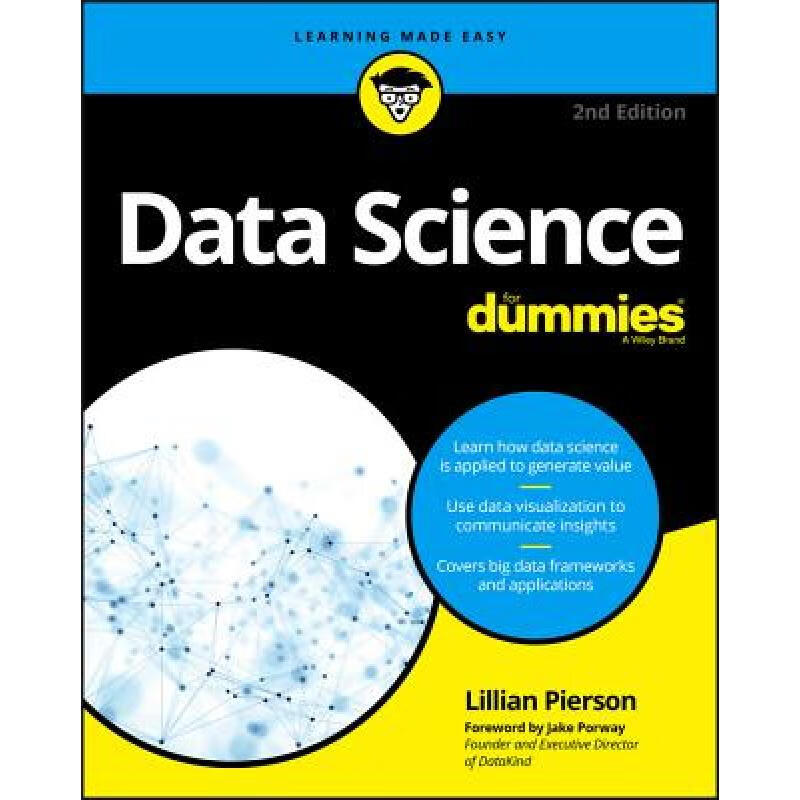|
With the rapid advancement of technology, data has become the lifeblood of modern enterprises. The abundance of information generated through various sources presents both opportunities and challenges. To harness its potential, organizations are turning to data analytics, a powerful tool that allows them to uncover valuable insights and make informed decisions. Data analytics refers to the process of examining large datasets to identify patterns, extract meaningful information, and derive actionable conclusions. It encompasses a range of techniques, including statistical analysis, data mining, predictive modeling, and machine learning. By leveraging these methods, businesses can gain a deeper understanding of their operations, customer behavior, market trends, and much more. One of the key benefits of data analytics is its ability to unveil previously hidden insights. Traditionally, decision-making relied on intuition and experience. However, with the advent of data analytics, organizations can now base their strategic choices on empirical evidence. By analyzing vast volumes of structured and unstructured data, businesses can spot correlations, trends, and outliers that may have gone unnoticed. These insights can drive innovation, optimize processes, and enhance overall performance. Furthermore, data analytics plays a vital role in driving technological advancements. As industries embrace digital transformation, the importance of data-driven decision-making becomes evident. For example, in healthcare, data analytics can help predict disease outbreaks, optimize treatment plans, and improve patient outcomes. In transportation, it can assist in route optimization, traffic prediction, and autonomous vehicle development. Similarly, in finance, data analytics enables fraud detection, risk assessment, and algorithmic trading strategies. These applications demonstrate how data analytics empowers industries to leverage data for transformative change. To unleash the full potential of data analytics, organizations need robust infrastructure and skilled professionals. Cloud computing platforms provide scalable storage and processing capabilities, enabling businesses to handle immense volumes of data. Additionally, advanced analytics tools and programming languages like Python and R facilitate data manipulation, visualization, and modeling. Simultaneously, data scientists and analysts proficient in these technologies are in high demand to extract actionable insights from the data. However, the adoption of data analytics also raises concerns about privacy and ethical considerations. As organizations collect and analyze vast amounts of personal and sensitive information, ensuring data security and complying with regulations become paramount. Striking the right balance between data utilization and privacy protection is crucial to maintain public trust and confidence. data analytics is a powerful technology that uncovers hidden insights and drives technological advancements. It enables businesses to make data-driven decisions, optimize processes, and innovate across various industries. However, it is essential to address privacy and ethical concerns to ensure responsible use of data. As we continue to navigate the era of big data, data analytics will remain a cornerstone of success for forward-thinking organizations.  |
